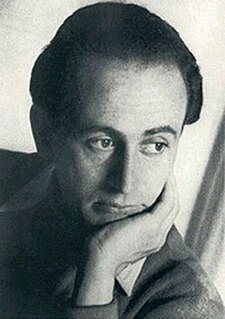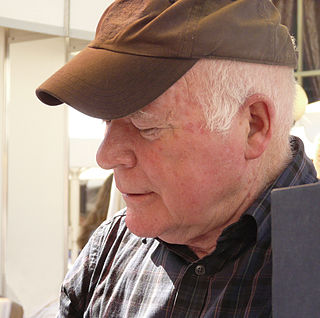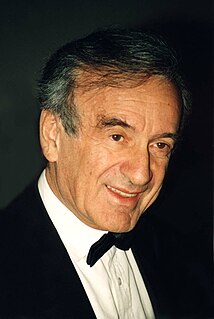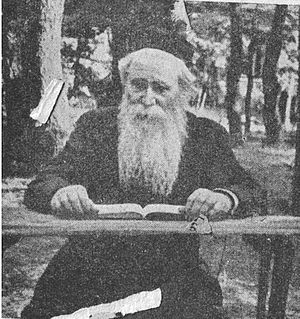 W
WAlan A. Brown was a Hungarian professor of Economics. He founded the international honor society in Economics, Omicron Delta Epsilon (ODE), while he was a student at City College of New York (CCNY) in 1955. The society now has 600 chapters worldwide. Brown arrived in the U.S. in 1949 at age 21, having survived the Nazi Holocaust as the sole survivor of his family, without money or knowledge of English.
 W
WThomas Buergenthal is a former judge of the International Court of Justice. He resigned his ICJ post as of 6 September 2010 and returned to his position at The George Washington University Law School where he is currently the Lobingier Professor Emeritus of Comparative Law and Jurisprudence.
 W
WPaul Celan was a Romanian-born German-language poet and translator. He was born as Paul Antschel to a Jewish family in Cernăuți, in the then Kingdom of Romania, and adopted the pseudonym "Paul Celan". He became one of the major German-language poets of the post–World War II era.
 W
WDezső Kanizsai was a Hungarian audiologist and educator of the deaf children. Kanizsai taught at the Jewish Institute for the Deaf in Budapest starting in 1907. During the interwar period he developed and publicized his own teaching program. His school on Mexico Square became a social club for the deaf Jews of Budapest.
 W
WJózef Koffler was a Polish composer, music teacher, musicologist and musical columnist.
 W
WGyörgy Moldova is the author of more than seventy books in Hungary that have collectively sold more than 13 million copies, more than any other Hungarian writer. He is best known for his richly detailed sociological nonfiction focusing on everyday life and concerns within specific industries or professions and in particular regions of Hungary—thoroughly researched works that draw on the author's travels and his interviews with participants.
 W
WNatan Spigel (1892–1942) was a Jewish painter born in Poland. Spigel was a key member of the influential Expressionist group Jung Idysz. He exhibited his works throughout Europe until his internment in Radomsko ghetto in 1939. Natan was murdered in Treblinka in 1942, and only about 20 of his works survived the Shoah-Holocaust.
 W
WBeni Virtzberg was an Israeli forester, Holocaust survivor and writer who was among the first in Israel to write an autobiographical account of his experiences during and after the Holocaust. He began writing his book Migei Haharega Lesha'ar Hagai in the wake of the Adolf Eichmann trial, when court testimony by survivors prompted Israelis to openly and publicly discuss what the survivors had lived through.
 W
WRichard M. Weiner was a professor of theoretical physics at the University of Marburg in Marburg, Germany and an associate of the Laboratoire de Physique Théorique at Paris-Sud 11 University in Orsay, France.
 W
WElie Wiesel was a Romanian-born American writer, professor, political activist, Nobel laureate, and Holocaust survivor. He authored 57 books, written mostly in French and English, including Night, a work based on his experiences as a Jewish prisoner in the Auschwitz and Buchenwald concentration camps.
 W
WHillel Zeitlin (1871–1942) was a Yiddish and Hebrew writer and poet. A leading pre-Holocaust Jewish journalist, he edited the Yiddish newspaper Moment, among other literary activities. He was the leading thinker in the movement of pre-World War II "philosophical neo-Hasidism".